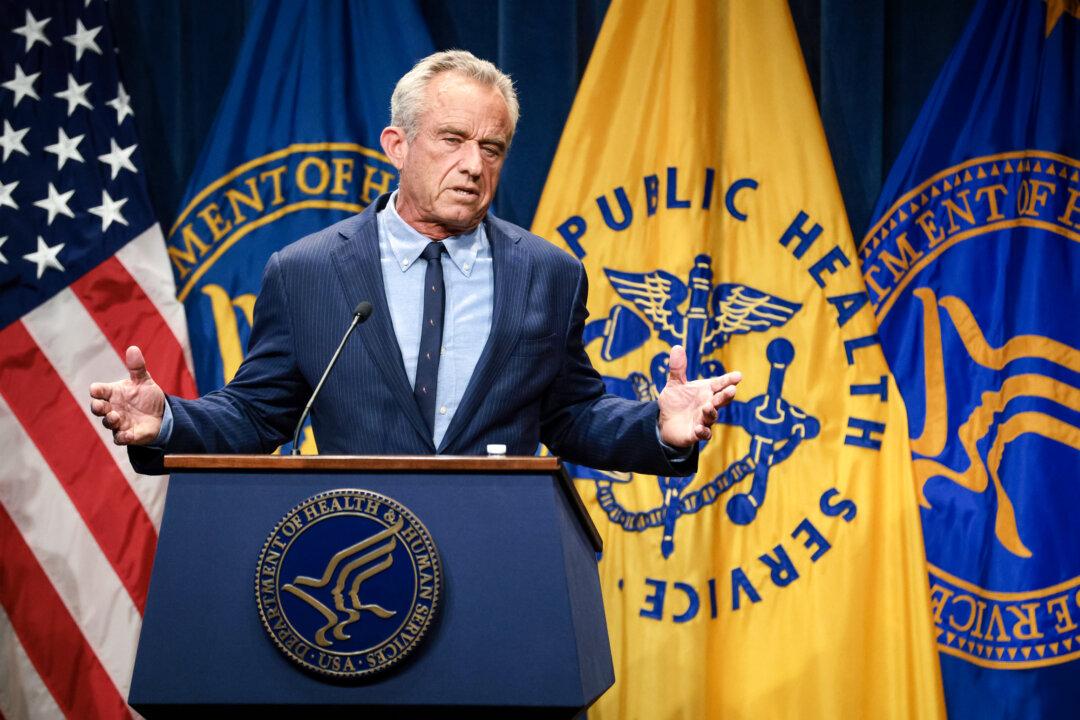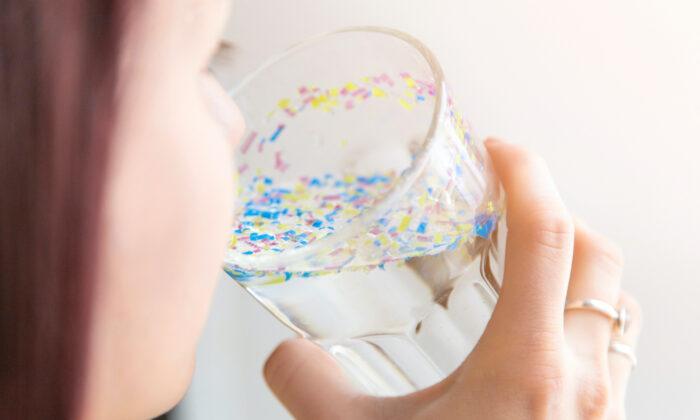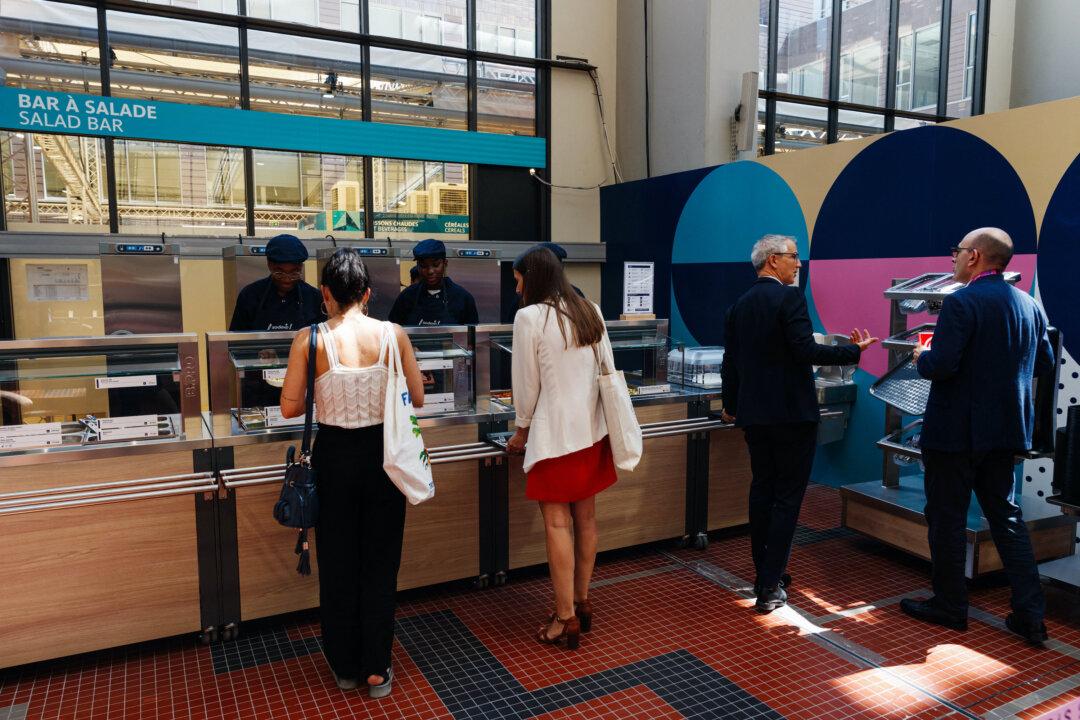The devouring mother. If you’re familiar with this Jungian archetype, it’s almost certainly via Jordan Peterson, who has done the most to popularize and apply it to today’s social and political scene.
In basic terms, the devouring mother is what you get when the maternal instinct to nurture goes haywire. Nurturance is a balancing act: Yes, the mother must offer warmth and protection and love, but she must also give the child space to experience the world for itself and, most of all, to take risks. Risk entails the potential for harm up to and including death, and yet without risk, genuine development simply isn’t possible. But instead of taking this balanced approach, the devouring mother coddles the child—and then the teenager and the adult—to death, wrapping them so tightly they can’t move and, as a result, they never get to fulfill their inborn potential.
It’s a kind of malignant but well-meaning concern, a hideously overgrown safetyism, that Peterson has linked to the rise of so-called “woke” politics and politically correct codes, but we can see it at work elsewhere too. The medical industry and its ever-growing power over society, for example.
In Ken Kesey’s 1962 novel “One Flew Over the Cuckoo’s Nest,” the novelist embodies the devouring mother in Nurse Ratched, chief nurse at the Salem State Mental Hospital. Ratched destroys the men in her care—lobotomizes them, quite literally, with love. Everything that’s done is done for the inmates’ “benefit,” even if it deprives them of what remains of their sanity and ultimately their lives. “We’re living in a matriarchy, man,” says one of the inmates, grimly. Tellingly, perhaps, in the summer of 2020 Nurse Ratched was given a television series of her own in an attempt to rehabilitate her for a new generation—just as the pandemic was swallowing the lives of an entire generation of children.
We also see this devouring attitude, or something of it, in the autism debate, where a misplaced sense of kindness threatens to stifle research that could reduce or even cure the suffering of millions of children.
A few weeks ago, Robert F. Kennedy Jr. announced the “most comprehensive” investigation ever into the condition, which will identify environmental factors driving the massive increase in cases. Speaking at a press conference at the White House, Kennedy said autism “destroys families,” describing in moving terms the extraordinary hardships faced by sufferers and their families, especially in serious cases where the child is non-verbal and will be unable to live an independent life ever.
In the weeks since the announcement, Kennedy has spoken at length about the need for such an investigation and outlined his aims. He told radio host John Catsimatidis that autism “dwarfs the COVID epidemic” and should be taken more seriously than COVID because it destroys the potential of the young specifically.
“This is an epidemic. It dwarfs the COVID epidemic and the impacts on our country because COVID killed old people. Autism affects children and affects them at the beginning of their lives, the beginning of their productivity,” he said.
Kennedy has also been quite clear about the economic costs of this autism epidemic. He told Catsimatidis that the “pure economic cost” of autism will be $1 trillion a year by 2035.
Kennedy’s announcement has been welcomed as long overdue, but in some quarters the response has been furious.
Some have said that Kennedy’s comments were “disrespectful” and that his aim of identifying environmental causes of the condition is “unrealistic and misleading.”
Many seem to believe that, by saying he wants to cure autism, Kennedy really means autistic people have no value as autistic people at all. They must be normal or nothing.
Let’s be clear: Autism is a hugely emotive issue. Any issue involving the welfare and the suffering of children is bound to be. Autistic people and their families can certainly be forgiven a bit of emotion, since they’re the principal sufferers. And it is true that autistic and disabled people have been marginalized, deprived, and dehumanized in the past. Their rights and moral recognition have been hard won and must be guarded forcefully to ensure they’re not infringed or eliminated.
But emotion, as we know, often clouds judgment. You can love and cherish a disabled child and still wish for the disability they suffer not to be visited on anyone else’s child. Man does not have to hand on misery to man, to paraphrase the poet Philip Larkin. And the issue is made rather more straightforward if, as Kennedy is suggesting, the difference may be eliminating environmental toxins, rather than engaging in practices like embryo selection or IVF, which would draw inevitable moral concerns about “eugenics” in particular.
There’s every reason to believe that, even if autism has a genetic component, which I think it does, many cases are also driven by environmental influences. Kennedy has already named five he believes must be considered in the course of his new investigation: mold, food additives, pesticides, vaccines, and ultrasound. In each case, there is credible scientific evidence, including epidemiological studies and case studies, that supports Kennedy’s claim.
Clearly, this is a complex problem, and it may be that only some, not all, cases of autism have an environmental cause or causes at their root. But if there are environmental causes of autism, there’s no reason to believe we can’t identify them and do something about them, alleviating the suffering of many, many people. To not even try, out of some belief that doing so would be a disservice or disrespect to those with autism, would be to kill the possibility of a better world with misplaced kindness. What a risk to take.







